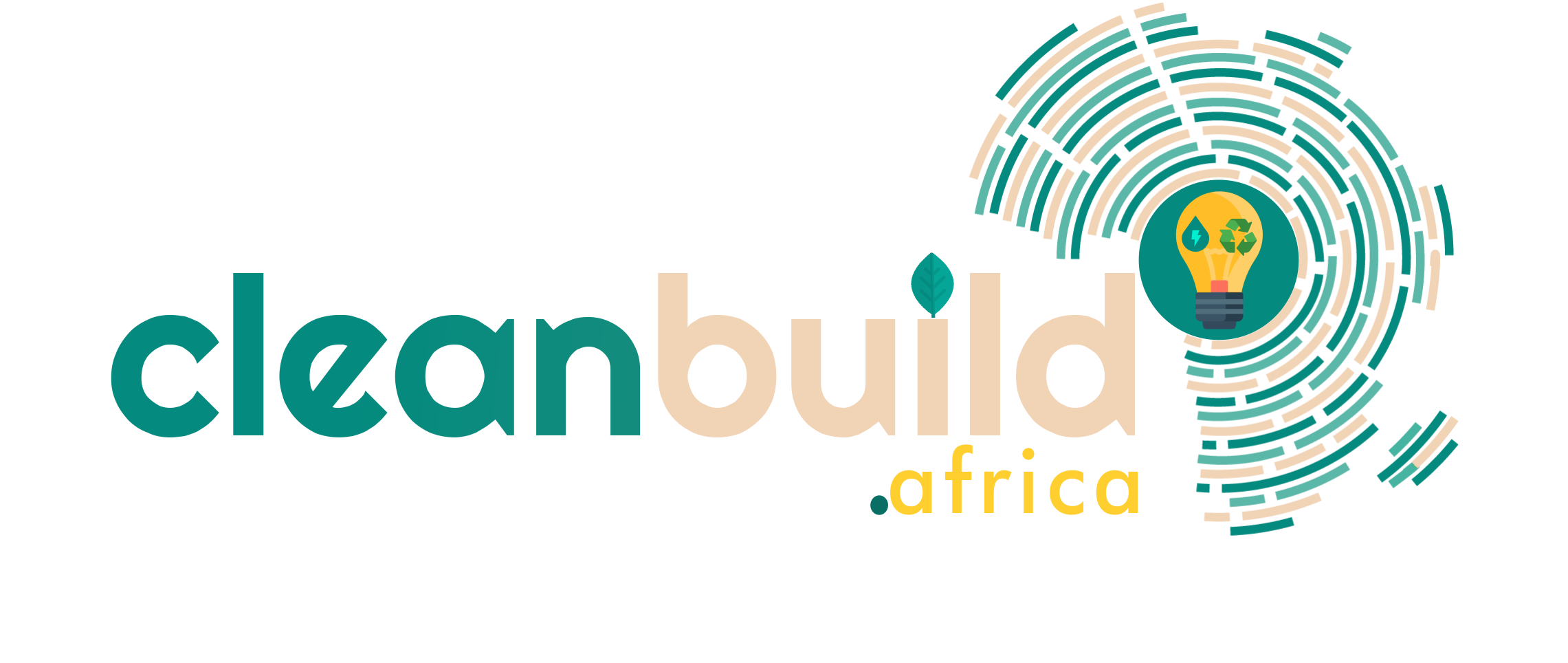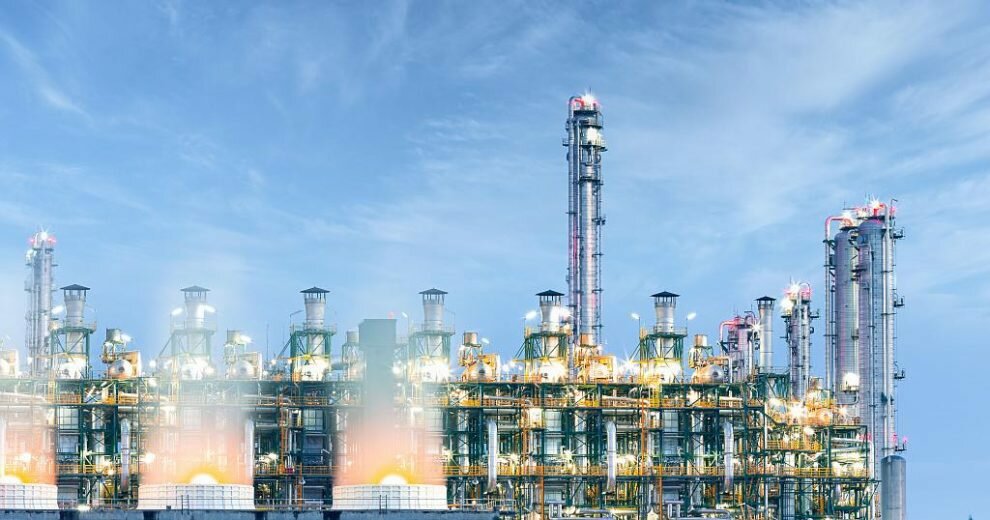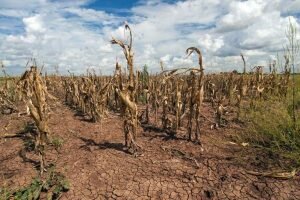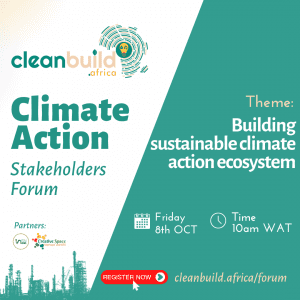Equatorial Guinea is home to some of the continent’s most significant hydrocarbon resources and has managed to establish itself as the third-largest oil producer in sub-Saharan Africa. This is remarkable considering that Equatorial Guinea is one of the smallest countries in Central Africa.
As the country pursues accelerated development of its 1.5 trillion cubic feet (tcf) of natural gas reserves, Equatorial Guinea’s Ministry of Mines and Hydrocarbons (MMH) is implementing a national strategy to consolidate the country’s position as a regional gas leader.
Through its – designed to harness unexploited offshore domestic gas resources and those in the region – Equatorial Guinea has laid the foundation for large-scale gas commercialization, driving industrial development and economic growth in the process.
The Gas Mega Hub (GMH) has seen significant progress since its first announcement in 2018. The project’s first phase was the successful completion of the $330-million Alen gas monetization project, which supplies gas from the Noble Energy-operated Alen Field to onshore gas-processing facilities at Punta Europa on Bioko Island.
The vision behind the GMH is clear: to develop and expand domestic processing and off-take infrastructure to be supplied by regional reserves. By providing a base for natural gas commercialization, and working collaboratively with neighboring countries, Equatorial Guinea is establishing new supply opportunities for its Punta Europa facilities, while enabling the monetization of regional reserves.
The second phase of the GMH comprises the establishment of additional hubs throughout the region. With over four trillion cubic feet of natural gas, Cameroon, for example, stands to significantly benefit from the GMH, as does Nigeria, with an incredible 200 tcf of gas reserves. Both countries have several stranded gas fields on Equatorial Guinea’s maritime border, with the GMH offering critical commercialization opportunities.
The emergence of a central gas leader
With a view to increasing hydrocarbon production and driving associated socio-economic growth, the MMH, under the leadership of H.E. Minister Gabriel Mbaga Obiang Lima, has not only created an enabling environment for enhanced regional participation but also demonstrated the significance of regional collaboration in driving Africa’s energy success.
During the Leadership Insight Series: Equatorial Guinea webinar last week hosted by the Bilateral Chamber, H.E. Minister Lima emphasized the role the Gas Mega Hub will play in driving Africa’s energy transition and regional economic growth. By utilizing resources on the borders of Equatorial Guinea, as well as cross-border fields with Cameroon and other West African countries, the country is pooling stranded supply and positioning itself as a central gas leader.
According to Sergio Pugliese, former BP and Equinor Exec and President of AEC Angola, Equatorial Guinea has become the market to watch in 2021 and beyond. Not only is the country accelerating the exploitation and development of its domestic oil and gas resources, but also establishing itself as a regional gas mega-hub through the targeted investment and development of processing and transportation facilities.
“Equatorial Guinea has been incredibly strategic with this project and has set a high benchmark for other African gas producers. Regional collaboration, an enabling environment, and a market-driven approach to hydrocarbon development have enabled Equatorial Guinea to realize its ambitious energy sector targets,” stated Pugliese.




















